We had a chance to chat with Timothy Pakron, cookbook author of Mississippi Vegan, as well as a writer, photographer, and gardener who shares his love of Southern food through his perspective as a vegan home cook. We discuss his path to create Mississippi Vegan (the blog) and eventually the cookbook, his approach to developing accessible recipes, and celebrate what it means to be gay and vegan in the South.
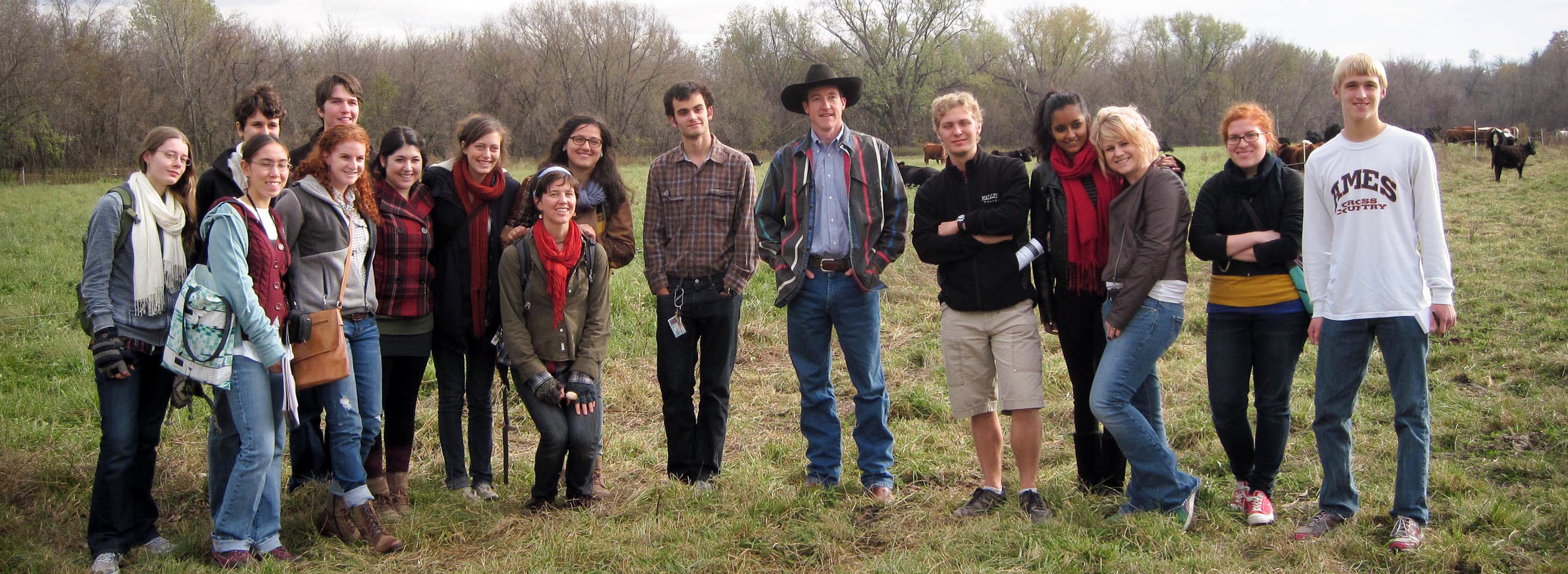
The Bon Appétit Blog
+ Blog Categories

The Secret Tradition of Veganism in Southern Cooking: Four Recipes from Mississippi Vegan
- Blog
Timothy Pakron from Mississippi Vegan is known to revamp Southern favorite dishes that are deeply rooted in plants, while showcasing big and bold flavors with creativity and style. We are excited to share four recipes from his debut cookbook, Mississippi Vegan: Recipes & Stories from a Southern Boy’s Heart and his blog Mississippi Vegan.
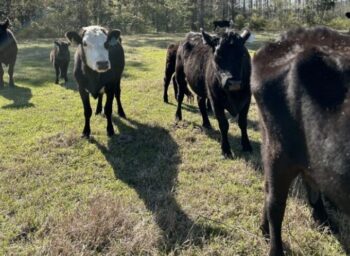
Farm to Fork Profile: Hunter Cattle and Savannah College of Art & Design
- Blog
Farm to Fork partner Hunter Cattle Company is a multi-generation family-run farm, that was started “by accident” but has since flourished into a thriving and beloved producer in the region. Del Ferguson first ventured into raising cattle for his family. At the time, he had no idea that grass-fed beef would be desired by the community, much less marketable.

From the Field: Hands-on Food Literacy for All Ages at LeTourneau University
- Blog
LeTourneau University in Longview, TX recently welcomed Nina Abramson from the Bon Appétit national marketing and food education team to campus for a variety of student- and community-focused events promoting food literacy for all ages!

A Celebration of Tofu for AAPI Heritage Month 2024
- Blog
Tofu is an ingredient worth celebrating. It is endlessly versatile, rich in history and tradition, and is an important ingredient across many Asian cuisines. This Asian American and Pacific Islander (AAPI) Heritage Month, Bon Appétit Management Company is excited to shine a light on the ancient origins of tofu and its modern evolution as a rising staple across the US and in our cafés. First, a history lesson: tofu first originated in China over 2000 years ago during the Western Han Dynasty. While its origin story is debated, some say that a Chinese royal named Liu An first created tofu while he was experimenting with soy milk and accidentally caused the mixture to curdle. Today, the art of tofu-making has built upon this initial discovery: dried whole soybeans are soaked, then ground up and cooked. The solid pulp (okara) is […]
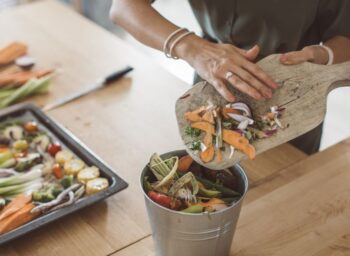
8 Kitchen Tips to Reduce Food Waste, Save Money, and Eat Well
- Blog
We’ve all experienced it – you reach into the back of your refrigerator and realize a sad, forgotten food has now become a moldy (and occasionally scary) science experiment. You’re not alone – up to 40% of the food that is produced is wasted and each American wastes as much as 238 pounds of food each year (equal to about $1800). Thankfully, there are many ways to reduce waste in your kitchen. Try out these tips for shopping and preparing food mindfully to help you to stop wasting food…and money.
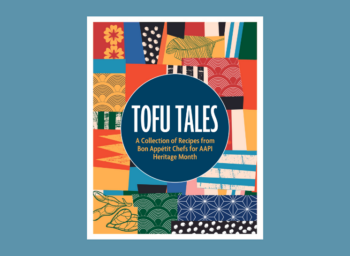
Telling Tales of Tofu with our Bon Appétit Chefs
- Blog
Every recipe contains a story, held together by long-held cultural traditions, inspiration sparked by a new idea or ingredient, and countless memories of meals shared together with loved ones. This AAPI Heritage Month, we are excited to share Tofu Tales: A Collection of Recipes from Bon Appétit Chefs for AAPI Heritage Month.

Appreciating our Locally Crafted Tofu Partners during AAPI Heritage Month
- Blog
This Asian American and Pacific Islander Heritage Month, Bon Appétit Management Company is celebrating the vast culture and history of tofu across many Asian cuisines. There’s no better opportunity to highlight this special ingredient than through our very own Locally Crafted partnerships with family-owned tofu businesses.
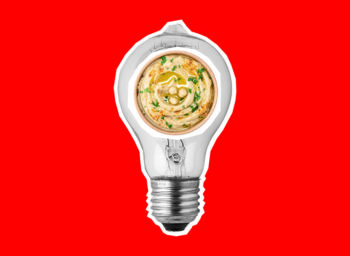
11 Ways to Flip the Switch to Plants to Reduce Your Carbon Footprint
- Blog
Generally, producing animal-based foods like beef, lamb, and dairy products creates more carbon emissions than plant-based foods like beans, legumes, and whole grains – and is why shifting to a diet centered on plants is one of the most impactful ways to combat climate change.

How Does Food Create Carbon Emissions?
- Blog
From growing to processing, transporting to storage, and managing excess food waste, each step in the food chain produces carbon emissions.
